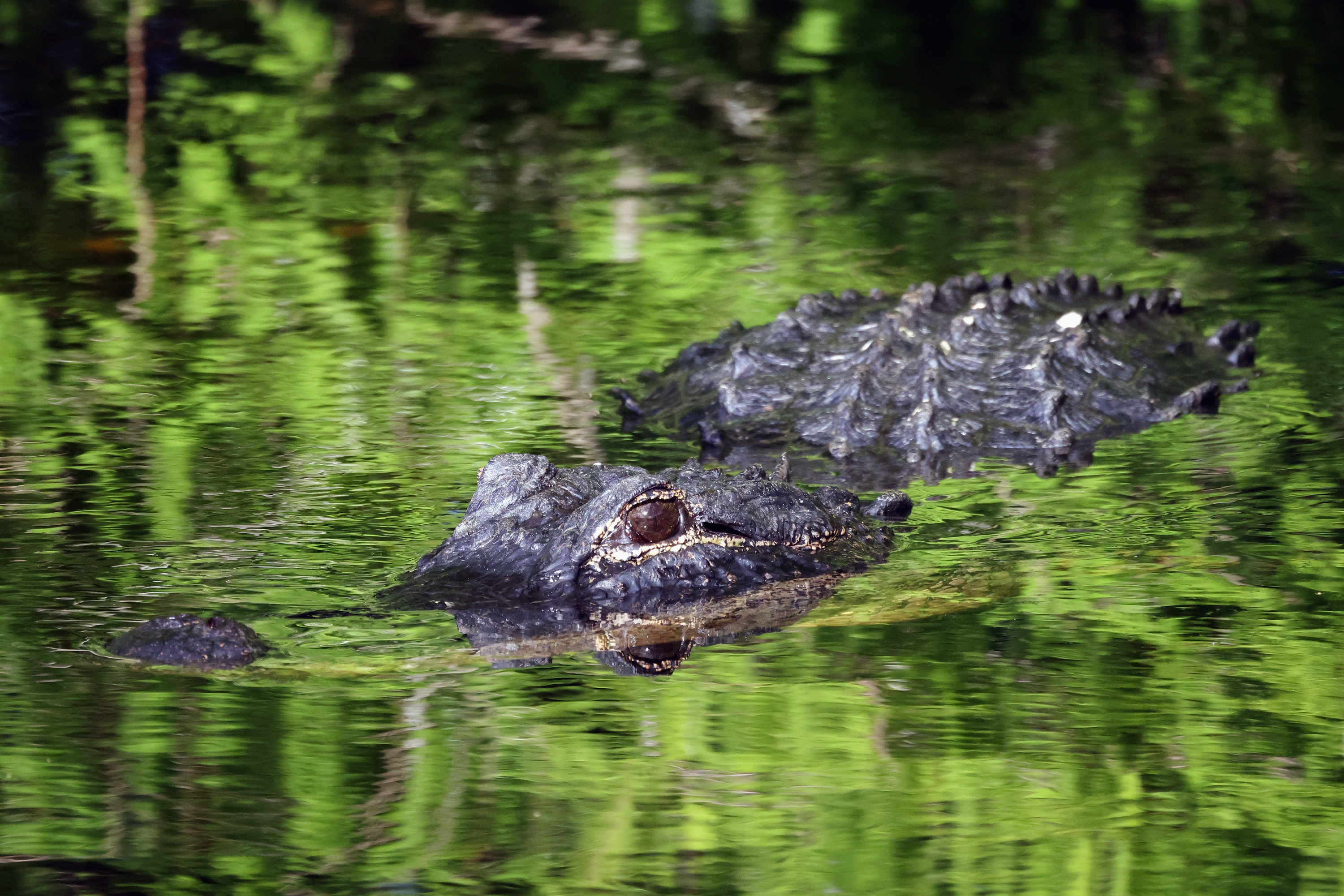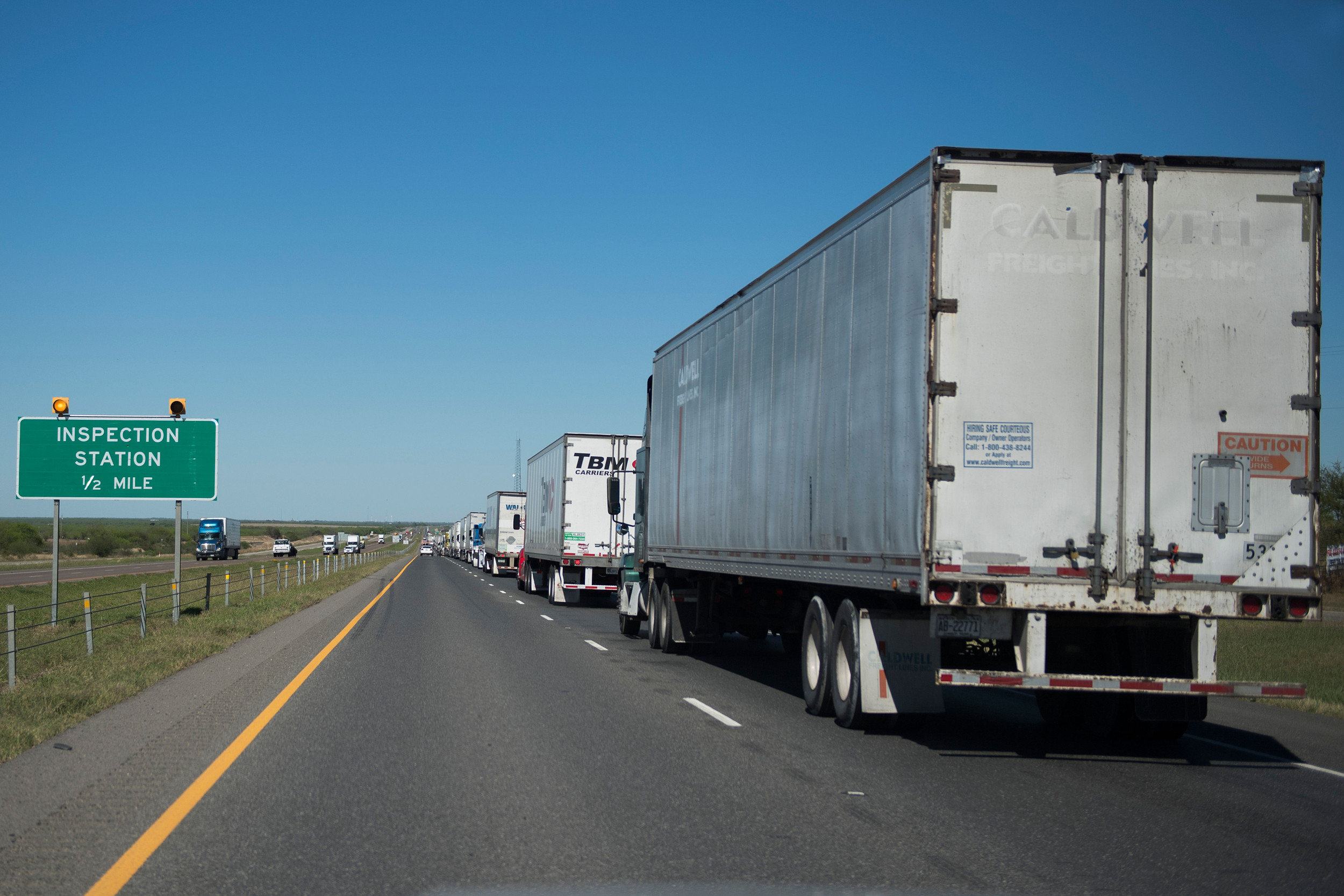The difference in recorded temperatures in two parts of Russia on the same day almost broke a world record earlier this week.
Often called a country of extremes when it comes to the disparity in wealth distribution, that description could equally apply to Russia's weather on Wednesday.
The mercury in Delyankir, in the Sakha Republic in the country's far east, plummeted to a chilly -61.1 Celsius on Wednesday, or -78 Fahrenheit.
The meteorologist Thierry Goose tweeted that it was one of the coldest temperatures recorded ever in Russia and its lowest since 1984. It was the first time the mercury had dropped below -60°C in Russia in December since 2008, he said.

Meanwhile, on the same day Russian citizens around 3,700 miles away in Shatoy, in the southern republic of Chechnya had a completely different outdoor experience with the temperature reaching a balmy 24.5 degrees Celsius, or 76 degrees Fahrenheit.
This difference of 85.6 degrees Celsius was the biggest difference in any single country since 20 January, 1954 according to data from the Climate Reanalyzer. On that in the United States, there was a 88.7C difference (32.2C to -56.5C).
🥶 -61.1°C in Delyankir (#Siberia 🇷🇺)!
— Thierry Goose (@ThierryGooseBC) December 8, 2021
➡️ First -60°C in #Russia in December since 2008 (-60.0°C Oymyakon, Dec. 20).
➡️ Coldest temperature in Russia in Dec. since 1984 (-62.8°C Oymyakon, Dec. 15).
➡️ One of the coldest temperatures ever recorded in Russia in early December. pic.twitter.com/0HCw5zE9xr
"Insane temperature contrast in Russia today," tweeted meteorologist Scott Duncan, who said it was "one of the largest temperature contrasts ever recorded for a single country. A staggering difference of 85°C or 153°F."
He added that minus 60C temperatures are "rare" and has not been observed outside the Greenland plateau in the Northern Hemisphere for 10 years.
Insane temperature contrast in Russia 🇷🇺 today.
— Scott Duncan (@ScottDuncanWX) December 8, 2021
One of the largest temperature contrasts ever recorded for a single country. A staggering difference of 85°C or 153°F.
Sub -60°C is rare and has not been observed outside Greenland plateau in the Northern Hemisphere for 10 years. pic.twitter.com/PcMNAFiPEu
Lead scientist at the Phobos weather center Evgeniy Tishkovets told the TASS news agency that the usual temperature range between the northern and southern parts of the country were between 10C and 15C (50F to 60F)
He said that Wednesday's contrast in temperatures was an "extreme anomaly," and that in European parts of Russia that day the difference was as much as 50C (122 F).
World Wildlife Foundation (WWF) Russia's head of climate and energy research Alexei Kokorin told the Moscow Times that in the coming decade, Russia will have to deal with more extreme weather.
This would include heatwaves and droughts in the south of the country and more extreme precipitation in other areas.
In August, a United Nations IPCC report IPCC report warned that climate change will bring further extremes in temperatures.
This year, Russian President Vladimir Putin appeared to change his sceptical stance on global warming and set a target of reaching carbon neutrality by 2060.
This was considered a breakthrough for the leader of a country so reliant on fossil fuels.
Correction 12/12/21, 3:36 a.m. ET: This article has been updated to show that temperatures under minus 60C are considered rare, not under 60C.
Uncommon Knowledge
Newsweek is committed to challenging conventional wisdom and finding connections in the search for common ground.
Newsweek is committed to challenging conventional wisdom and finding connections in the search for common ground.
About the writer
Brendan Cole is a Newsweek Senior News Reporter based in London, UK. His focus is Russia and Ukraine, in particular ... Read more





